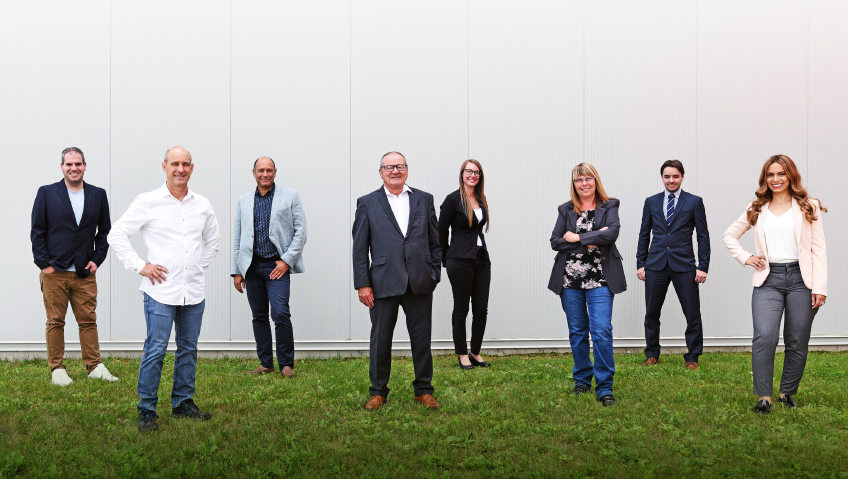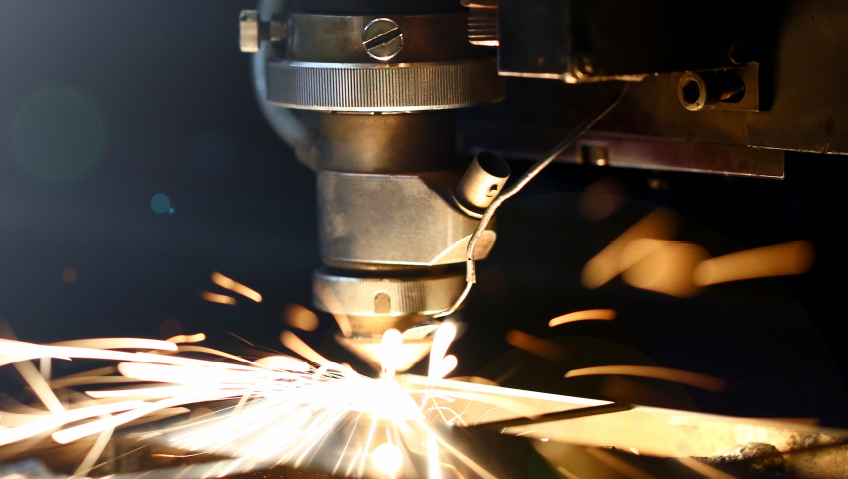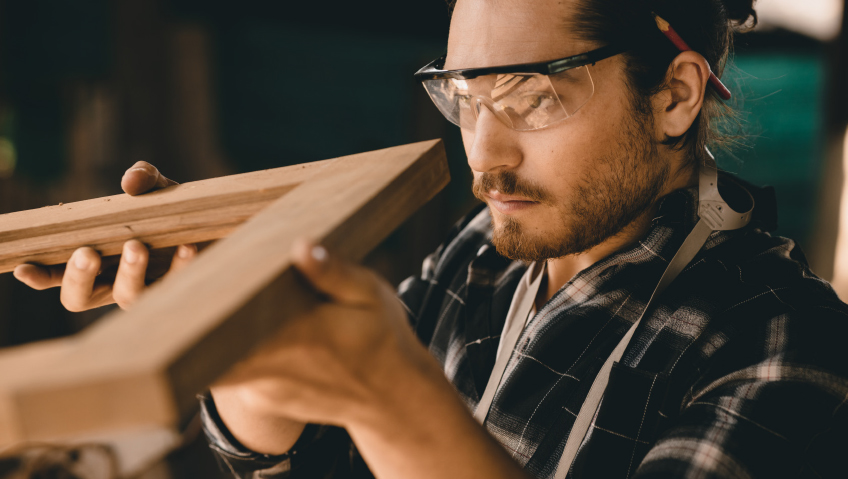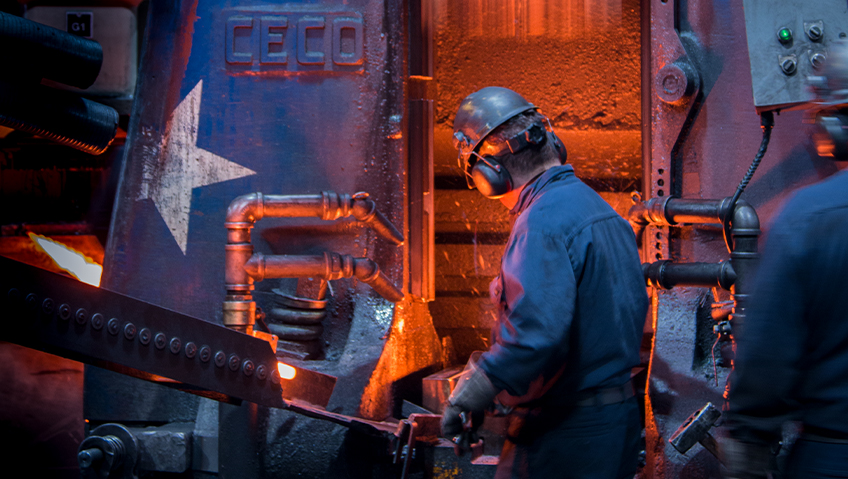In little more than a decade, PAMA has grown into one of Canada’s top specialists in ethylene oxide (EtO) sterilization and the manufacture of medical devices. Focused on single-use custom medical kits and accessories for other businesses through its private label, PAMA (short for Production of Advanced Medical Accessories) also meets the needs of customers through its own brand.
It took hard work and dedication for PAMA to become a leader in ethylene oxide sterilization. Development and installation, over several years, by company experts of a state-of-the-art sterilizer was completed in 2019.
Optimizing the system in 2020, around the same time as the United States Environmental Protection Agency (EPA) began reviewing EtO emissions, PAMA dramatically reduced the amount of time needed for sterilization processes. Batch load release times that previously took an entire week could now be completed in under a day, saving customers time and, best of all, money.
“The installation of our sterilization system turns around a lot of automation, so we were able to re-engineer the EtO sterilization process,” says PAMA’s Executive Director and Engineer, Rasha Al Hashimi. The company also worked with new guidelines for parametric release, which refers to sterility assurance. This helped to reduce the EtO sterilization time and concentration, which plays a major role in the process.
Innovation and success
Initially existing under a different name, PAMA Manufacturing and Sterilization began life under its new name in 2012. From its inception, PAMA committed itself to the utmost professionalism and strict guiding principles, covering corporate social responsibility, respect for the environment, and sustainability.
“From the first year, the company has provided the equipment necessary for several surgical procedures in Quebec,” says the PAMA website, adding that 2013 saw the business “focused on solidifying its corporate structure and practices.” These included establishing a Good Manufacturing Practices (GMP) structure, investing in staff training, and creating a top-notch quality management system to meet industry requirements.
The coming years saw outstanding success for PAMA, which secured a new factory location, installing a new sterilization system and “defining itself as a green company.”
Environmental initiatives
At PAMA, helping the planet has consistently been a front-and-centre, genuine commitment to making a positive difference. Every year, the company acknowledges Earth Day on its website, posting information on how PAMA is doing its part in reducing its environmental footprint.
This includes the development of the unique new process for eco-efficient ethylene oxide (EtO) sterilization by the company’s dedicated engineers in which, through sterilization, PAMA practically eliminates the presence of EtO in the air.
Using half of the amount of EtO gas in its cycle compared to the sterilization industry, EtO residue is also recycled. Transformed in ethylene glycol, it can be used for practical applications, like windshield washer fluid, or even to de-ice aircraft.
“We’re using 50 percent less of the EtO scientifically used in the sterilization cycle,” says Al Hashimi. “Consuming less material to achieve the same result is part of our sustainability as well.” As a further commitment to the environment and sustainability, PAMA’s system is powered with renewable energy from Hydro-Québec.
Another way the company lessens its environmental footprint is through its recyclable PAMA-labeled trays.
According to the peer-reviewed medical journal The Lancet, approximately 313 million surgical procedures are done worldwide every year. Many of these operations need a procedure tray, which is typically thrown out.
“We’re always working on the recycling part of our disposable medical devices,” says Al Hashimi. “Our trays labelled PAMA are recyclable. That’s one initiative that’s important for us, that those products can be recycled, and not just thrown away.”
Along with many contract manufacturing and contract sterilization services like kitting, packing, regulatory approval, assembly, labelling, validation services, and EtO sterilization, the trays that PAMA makes for customers are customizable.
“This means that each of our kits has been created for a specific healthcare professional need,” says the company. When using standard, non-customized trays, healthcare professionals often add missing components, or throw away other components, adding to global waste. “So, in addition to helping to reduce the environmental impact, the custom tray also reduces the risk of contamination,” says PAMA. “Customizable trays help prevent wasted material, as we ensure that all components of the tray are going to be used.”
Facing challenges
Soon after the WHO declared COVID-19 a global pandemic in March 2020, PAMA Manufacturing and Sterilization stepped up. Social distancing and other precautions, like masks and sanitation, were immediately implemented at the facility in Mirabel, Quebec, and the company worked with a nurse, closely following her guidelines.
Even though some raw materials were unavailable due to supply chain issues, PAMA kept going for the benefit of its many faithful customers. “We had to find other solutions,” says Al Hashimi, “but we always have backup suppliers, depending on the material we need to put into our kits.”
Like many others in the medical supply and services sector, PAMA was called upon to help during the pandemic. Shifting production, the company received a contract and worked with the authorization of the Public Health Agency of Canada on a massive order: the packaging and sterilization of five million COVID-19 testing swabs.
To meet deadlines, the company hired students and other short-term staff, keeping some on. That same year, 2020, PAMA obtained its pharmaceutical product establishment licenses (LEPP).
Making connections
PAMA takes pride in being part of the Ethylene Oxide Sterilization Association, Inc. (EOSA) and Medtech Canada, which it joined last year. Medtech Canada represents around 100 medical technology companies. “There are a lot of benefits to being part of MedTech,” says Al Hashimi. “They have a good networking ground, and there are a lot of ways for us to be up-to-date on everything regarding medical devices in Canada.”
Being a part of the EOSA since 2018—a non-profit organization with a membership that includes medical device companies, laboratories, contract sterilizers, and others promoting the use of ethylene oxide—also provides PAMA with valuable information on industry news, safety, federal and state regulatory issues, and more. “It’s beneficial because we’re up to date with everything going around the EtO sterilization industry in the United States,” she says.
Currently marketing its kits only in Canada, PAMA is looking to expand into the U.S. market. On the contract sterilization side, the company’s services are available to Canadian and American clients, with PAMA registered as a contact sterilizer. Through its staff of about 35, PAMA Manufacturing and Sterilization continues to proudly manufacture and assemble its single-use procedure kits in Canada. However, the company plans to take on more staff soon to meet growing demand, especially for its sector-leading ethylene oxide (EtO) sterilization. The company looks forward to continuing to innovate and lead the way in this growing sector.






